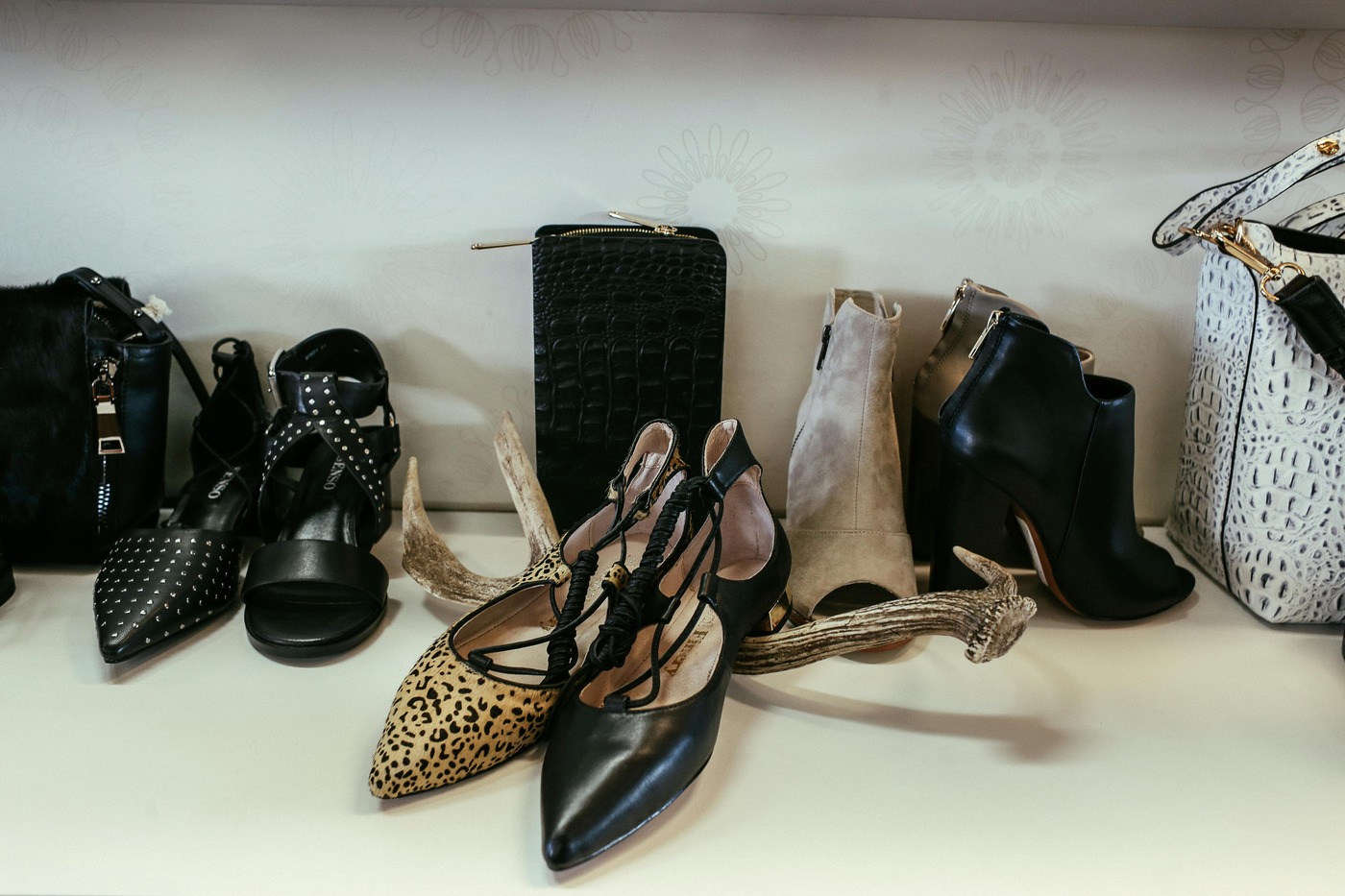At first, it doesn’t seem like a problem. You get a raise, upgrade a few things, and start enjoying the finer things in life. But before you know it, your extra income is gone, and you’re still living paycheck to paycheck. That’s lifestyle creep—when higher earnings quietly lead to higher spending without improving your financial security.
Lifestyle creep is dangerous because it’s subtle. Small upgrades here and there don’t feel like much, but they add up fast. Here are ten sneaky ways it drains your wallet and what you can do to stop it.
1. Upgrading Your Car for No Good Reason

A reliable car gets you where you need to go, but when people start making more money, they often feel pressured to upgrade. A luxury car or brand-new model may seem like a reward for your hard work, but it often comes with higher insurance, maintenance, and fuel costs.
Instead of trading up just because you can, ask yourself if your current vehicle still meets your needs. If it does, keep driving it and put that extra cash toward something that builds long-term wealth—like investing or paying off debt.
2. Dining Out More Often

When money is tight, people cook at home and pack lunches. But as income increases, so do restaurant visits. A nice dinner here and a takeout meal there might seem harmless, but eating out regularly can cost hundreds—even thousands—of dollars a month.
It’s fine to treat yourself occasionally, but making it a habit can quietly wreck your budget. Set a limit on dining out and find ways to make home-cooked meals more enjoyable, like trying new recipes or hosting dinner nights with friends.
3. Paying for Subscription Overload

Streaming services, premium apps, meal kits, fitness memberships—it all starts small, but over time, these monthly charges pile up. What once felt like a small convenience turns into a budget drain when you’re juggling five or six different subscriptions.
Take a hard look at what you actually use. Cancel anything you don’t need, and remember that free or lower-cost alternatives exist for almost everything. Even cutting out one or two subscriptions can free up extra money each month.
4. Moving to a More Expensive Neighborhood

A nicer neighborhood comes with perks, but it also brings higher rent, bigger mortgages, and increased living expenses. Property taxes, HOA fees, and even grocery store prices can be higher in upscale areas.
If you’re moving just to “match” your new income, rethink your priorities. Consider whether a bigger home or fancier zip code is truly improving your life or just adding financial stress. Staying in an affordable home frees up cash for savings and investments.
5. Buying More Expensive Clothes and Accessories

When people earn more, they often feel the need to “look the part.” That can mean splurging on designer clothes, handbags, or expensive watches—things that might boost confidence but don’t actually provide financial value.
While quality clothing is a smart investment, name brands don’t always mean better. Focus on durable, timeless pieces rather than chasing trends or feeling pressured to keep up appearances. Your bank account will thank you.
6. Choosing Luxury Travel Every Time

There’s nothing wrong with upgrading your travel experience occasionally. But if every trip suddenly includes business-class flights, five-star hotels, and pricey excursions, you’re likely falling into the lifestyle creep trap.
Luxury travel isn’t bad, but it should be a conscious choice—not an automatic one. Look for ways to enjoy vacations without overspending, like flying economy on short trips or mixing budget-friendly stays with occasional splurges.
7. Saying Yes to More Expensive Social Activities

When your income rises, so do invitations to expensive outings—fancy dinners, golf weekends, spa days. It’s easy to start saying yes to everything, especially if your friends or coworkers expect a certain lifestyle.
The problem is, these small expenses add up quickly. If you feel pressured to spend more just to keep up, set personal spending limits. You can still enjoy time with friends without always choosing the priciest options.
8. Justifying Small Daily Upgrades

Maybe you used to drink regular coffee, but now it’s a $7 latte every morning. Or you once used a simple gym, but now it’s a high-end boutique fitness studio. These small daily upgrades don’t feel like much individually, but over time, they can eat away at your budget.
There’s nothing wrong with enjoying nice things, but be mindful of habits that creep in unnoticed. If your everyday luxuries are eating into savings or financial goals, consider scaling back or making them occasional treats instead of daily habits.
Read More: 10 Luxury Splurges That Are Totally Worth It
9. Upgrading Gadgets Too Often

Smartphones, laptops, tablets—tech companies constantly push new models, making you feel like your current device is outdated after just a year or two. But upgrading to the latest gadget every time one is released is a costly habit.
Instead of upgrading on impulse, ask yourself if your current device still works fine. If it does, hold onto it until there’s a real need to replace it. You’ll save hundreds (or even thousands) by resisting unnecessary upgrades.
Read More: The 7 Most Overrated Budgeting Hacks That Don’t Actually Work
10. Assuming a Higher Salary Means More Spending Power

The biggest trap of lifestyle creep is assuming that making more money means you can afford to spend more. Many people increase their expenses as fast as their income grows, leaving them in the same financial situation despite higher earnings.
Instead of letting spending rise with income, commit to saving and investing more. The goal should be to build wealth—not just maintain a more expensive lifestyle. If you control lifestyle creep, you can turn extra income into real financial security.
Read More: 10 Money Moves You’ll Probably Regret in 10 Years





